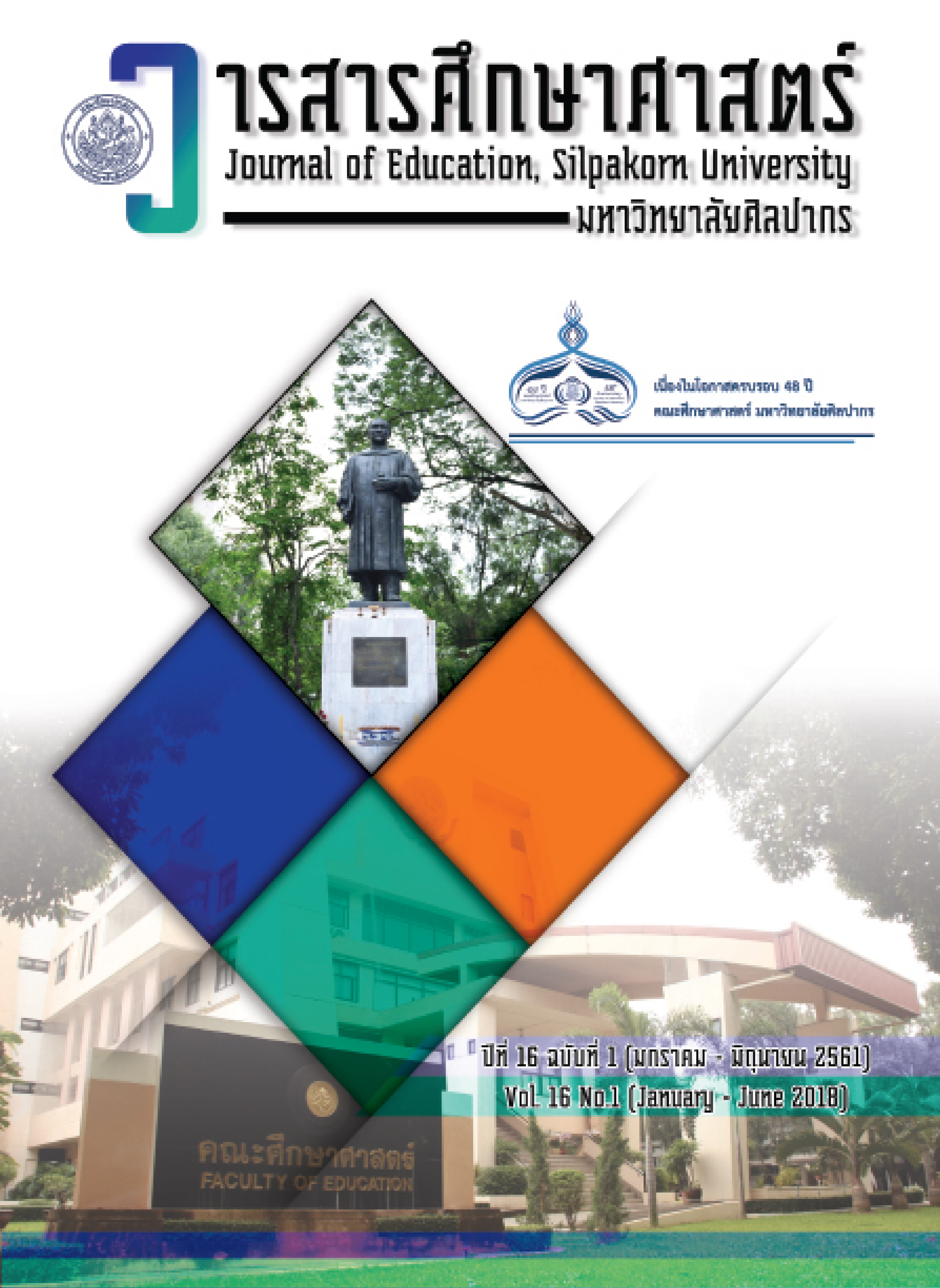The Evaluation of Bachelor of Education Program in Thai (5 year), Faculty of Humanities, Srinakharinwirot University
Main Article Content
Abstract
The purposes of this research are 1) to evaluate the Bachelor Education Program in Thai Language (5 year) using the CIPPI Model with context, input, process, product and impact evaluation 2) to study the guidelines developing and improving the Curriculum Program in Thai Language (5 year) which includes context, input, process, product and impact evaluation. The populations were 1) experts 2) lecturers 3) graduate students 4) current students 5) graduate’s employers 6) administrators in the faculty of Humanities and school supervisors a total of 200 people. The research instruments are interview forms and survey questionnaires. The data is analyzed by frequency, percentage, using mean (), standard deviation (S.D.) and content analysis. The findings of this study are as follows:
- Context Evaluation: The curriculum plan and the weakness or strength are suitable.
- Input Evaluation: The curriculum purposes, curriculum system, content, the students qualification or the test qualification, teachers qualification, the environment, tools and facilities, and the budget are suitable.
- Process Evaluation: The lecturers teaching behavior, students learning behavior, teaching practicum, teaching management, service and supporting, curriculum management, and quality assurance are suitable.
- Product Evaluation: Graduated students in year 2555 to 2559 have a pass-rate 95.58%. Students who pass the government officer exam have a pass-rate 87.50%. Students who are waitlisted are 8.33%, and students who continue studying for a master’s degree are 4.17%.
- Impact Evaluation: Most of graduate’s employers are pleased with the efficiency of the graduated students working, and also pleased with the high quality of the students who have graduated.


